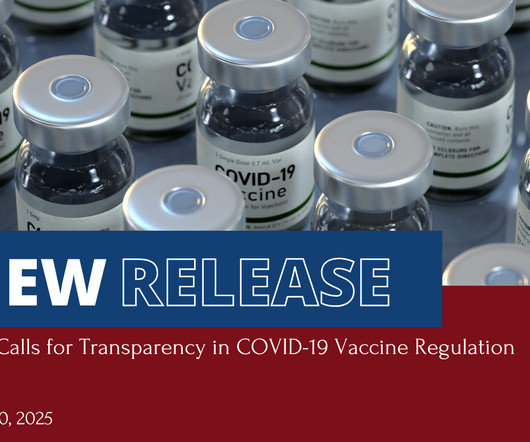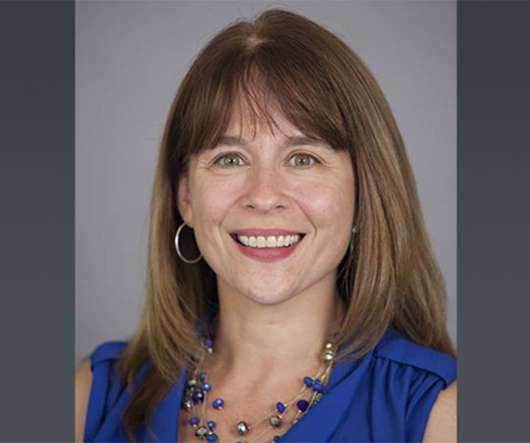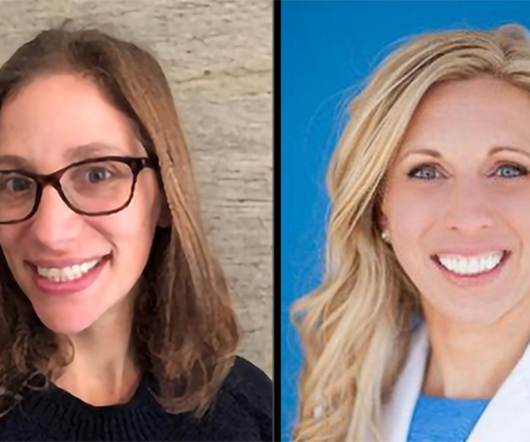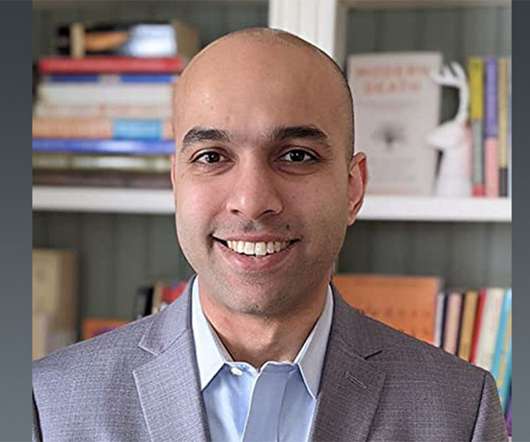Screen Time
Adventures of a Sick Doctor
FEBRUARY 4, 2022
For a start, my cancer is colorectal not cervical, and besides it is unrelated to screening as I was diagnosed at an age that is outside of the screening parameters. We are understandably terrified of the idea of serious illness, especially cancer, so we choose to do things that will stop it from happening to us.
















Let's personalize your content